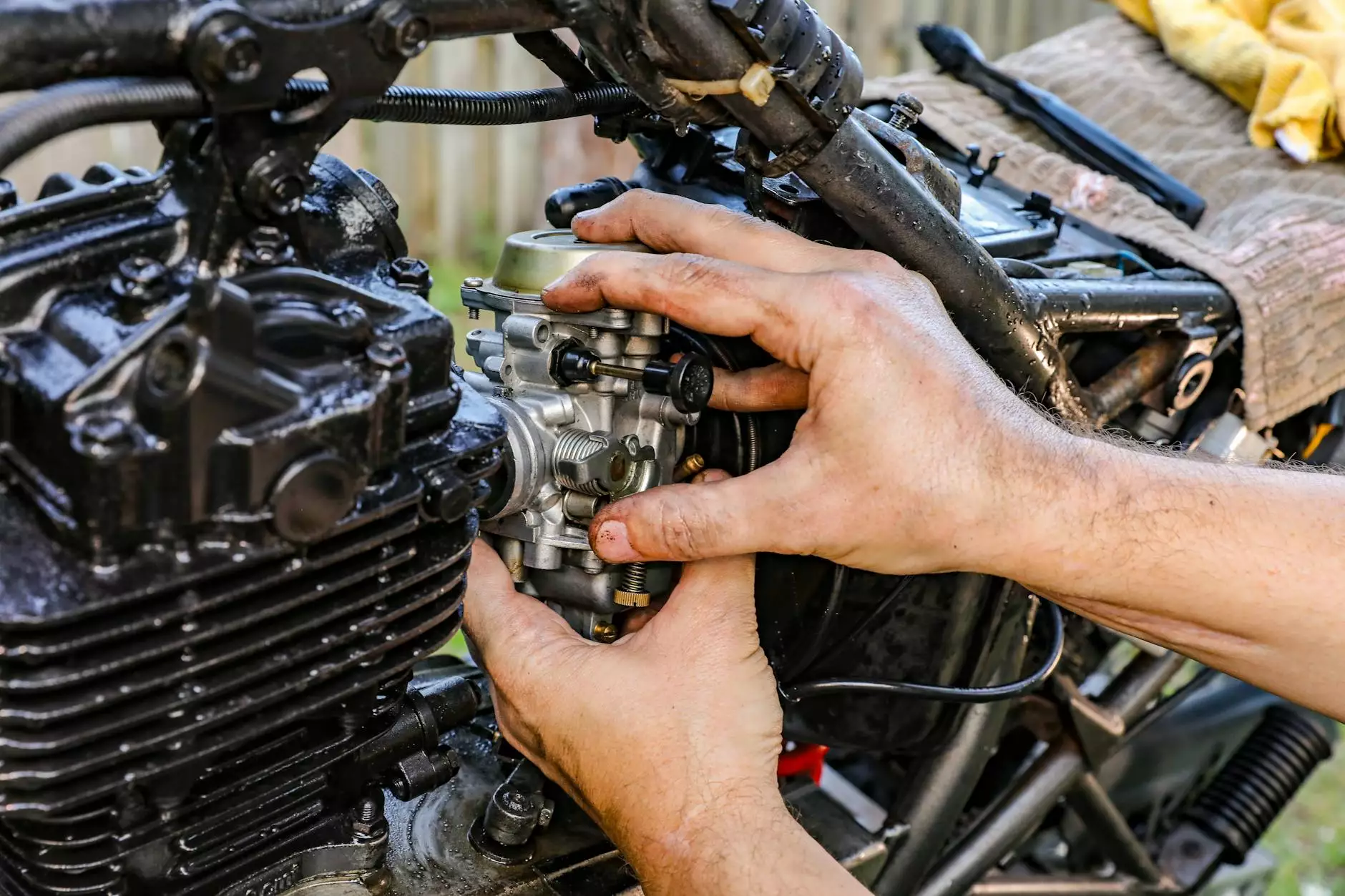Understanding Torque Converters: A Comprehensive Manual

The torque converter is a critical component in automatic transmission systems, playing an essential role in the overall performance and efficiency of a vehicle. This extensive manual aims to provide a complete understanding of torque converters, their functions, features, and the necessary maintenance needed to ensure they operate smoothly throughout the life of your vehicle.
What is a Torque Converter?
A torque converter is a fluid coupling device found in automatic vehicles that allows for the smooth transfer of power from the engine to the transmission. Unlike a manual transmission, where the driver has to engage and disengage gears, the torque converter seamlessly adjusts to engine speed and vehicle speed, which ensures smoother acceleration and gear shifting.
How Does a Torque Converter Work?
The functionality of a torque converter can be broken down into several key components:
- Impeller (Pump): This is connected to the engine's crankshaft and is responsible for pumping the transmission fluid.
- Turbine: The turbine is connected to the transmission and receives the fluid pushed by the impeller, which in turn causes the transmission to engage.
- Stator: The stator redirects the flow of fluid, increasing the efficiency of the torque converter by allowing the fluid to spiral back towards the turbine.
- Lock-up Clutch: In modern vehicles, many torque converters are equipped with a lock-up clutch that locks the turbine to the impeller at cruising speeds, which reduces slippage and improves fuel efficiency.
The Importance of Torque Converters in Automotive Systems
Torque converters are not merely supplementary components; they fulfill multiple crucial functions within automotive systems:
1. Smooth Power Transfer
The torque converter allows for a smooth and gradual power transfer from the engine to the wheels, which enhances the driving experience. Without it, every gear shift would lead to jerky movements, making driving uncomfortable.
2. Increased Efficiency
Modern torque converters come with advanced features like lock-up clutches that optimize fuel economy by minimizing energy loss through slippage. This improvement in efficiency directly translates to better mileage.
3. Allows for Idle While in Gear
One remarkable feature of torque converters is their ability to allow the vehicle to remain in gear while idling without stalling the engine. This is particularly beneficial in stop-and-go traffic conditions.
4. Enhanced Performance
By providing a variable ratio of power transfer depending on driving conditions, torque converters facilitate improved acceleration and overall vehicle performance.
Common Issues with Torque Converters
Despite their efficiency, torque converters can encounter several issues that may affect their performance:
- Overheating: Excess fluid or inefficient fluid flow can lead to overheating, causing the torque converter to fail.
- Fluid Leaks: Leaks in the transmission fluid can result in inadequate lubrication and performance issues.
- Torque Converter Clutch (TCC) Failure: The failure of the lock-up clutch can affect fuel efficiency and power transfer.
- Noises and Vibrations: Unusual noises or vibrations can indicate internal damage or wear.
Maintaining Your Torque Converter
Proper maintenance can prolong the life of your torque converter and enhance your vehicle’s performance:
1. Regular Fluid Changes
Transmission fluid plays a pivotal role in the functionality of the torque converter. Ensure that you change the transmission fluid regularly according to the manufacturer’s recommendations.
2. Check for Leaks
Regularly inspect for any signs of fluid leaks around the transmission and the torque converter. Early detection can help prevent major repairs down the line.
3. Monitor Engine Temperature
Be aware of your engine’s operating temperature. Overheating can drastically impact the torque converter’s performance and longevity.
4. Listen for Unusual Sounds
If you begin to hear strange noises while driving, particularly during gear shifts, it is essential to investigate immediately as these may be signs of torque converter issues.
When to Replace Your Torque Converter
Knowing when to replace your torque converter is essential for maintaining vehicle performance. Signs that you may need a replacement include:
- Slipping Gears: If your vehicle’s gears slip unexpectedly, it might indicate a problem with the torque converter.
- Overheating: Persistent overheating, even after fluid changes, necessitates inspection and possible replacement.
- Check Engine Light: If the check engine light illuminates, a diagnostic check is crucial, as it may point to torque converter issues among other problems.
- Severe Noise: Unusual grinding or rattling noises during operation can often indicate that the internal components are failing.
Conclusion
Adopting a proactive approach to understanding, maintaining, and servicing your torque converter is crucial for optimal vehicle performance. Whether you're an automotive enthusiast or a daily driver, this comprehensive manual equips you with the knowledge needed to ensure that the torque converter functions effectively, enhances performance, and prolongs the lifespan of your vehicle.
At Shenghai Auto Parts, we pride ourselves on offering a wide selection of quality automotive parts and supplies. Understanding the functionality of components like the torque converter can keep your vehicle running smoothly. For all your auto part needs, don’t hesitate to reach out!
Remember, knowledge and prevention are the keys to a long-lasting vehicle. Stay informed, remain vigilant about maintenance, and enjoy the smooth ride that a well-functioning torque converter provides!
torque converter manual








